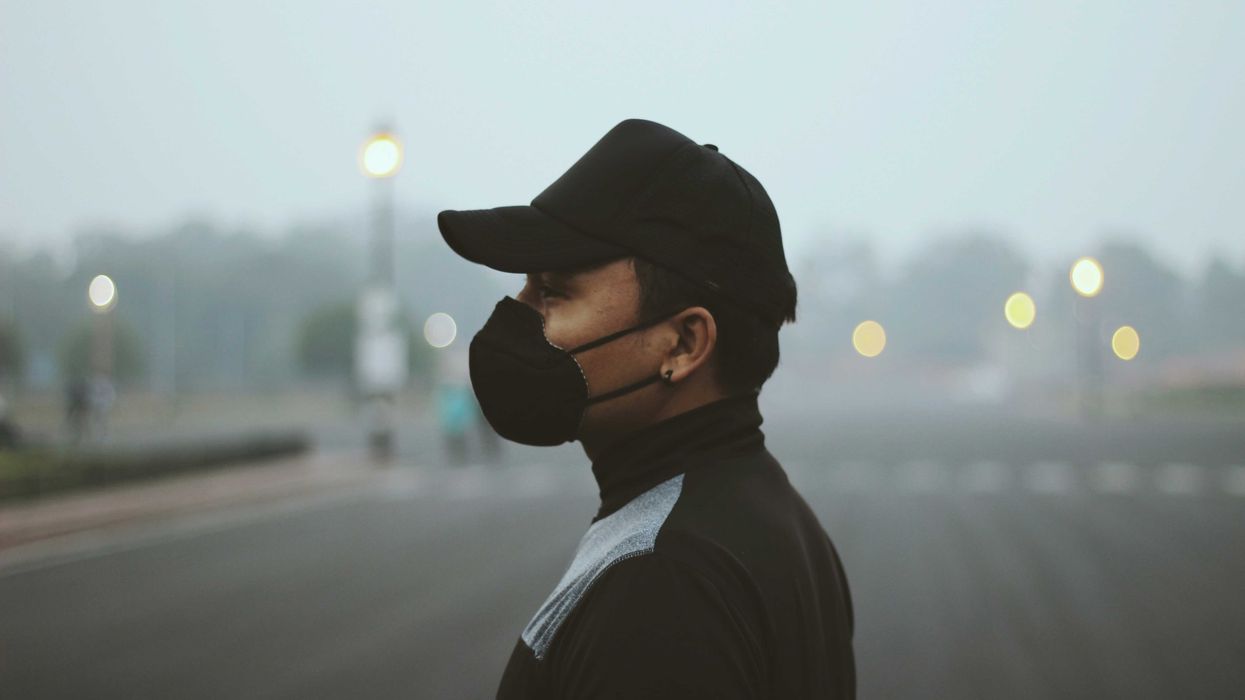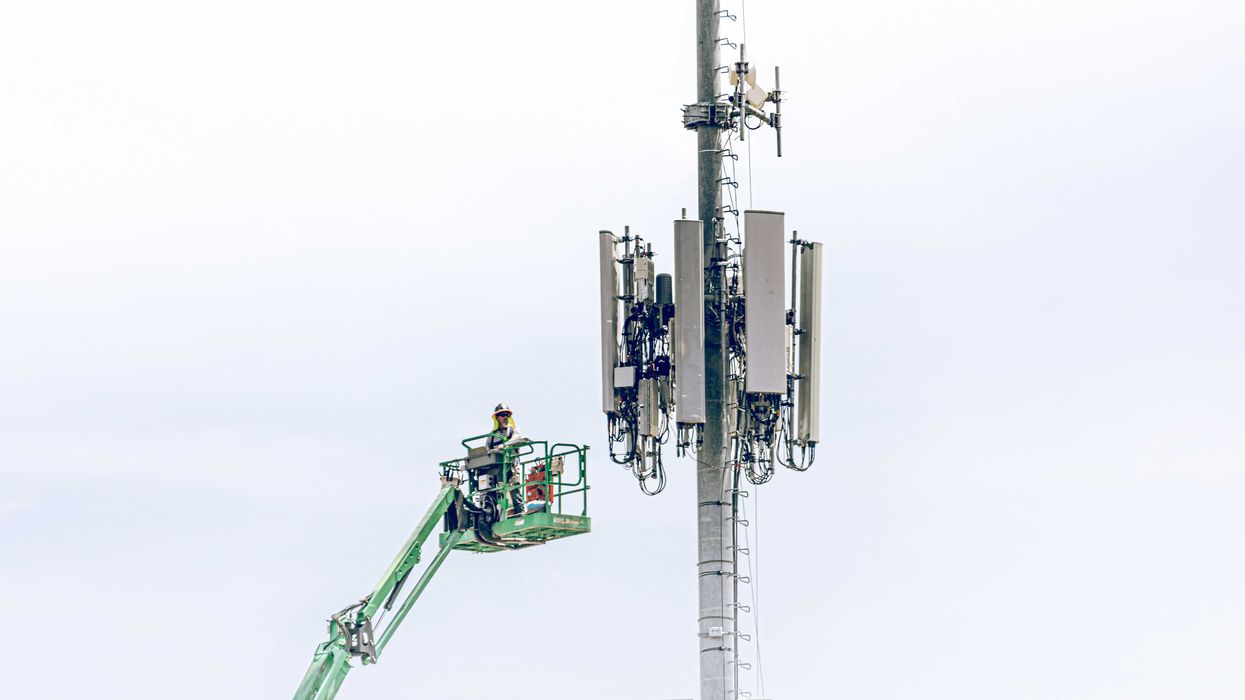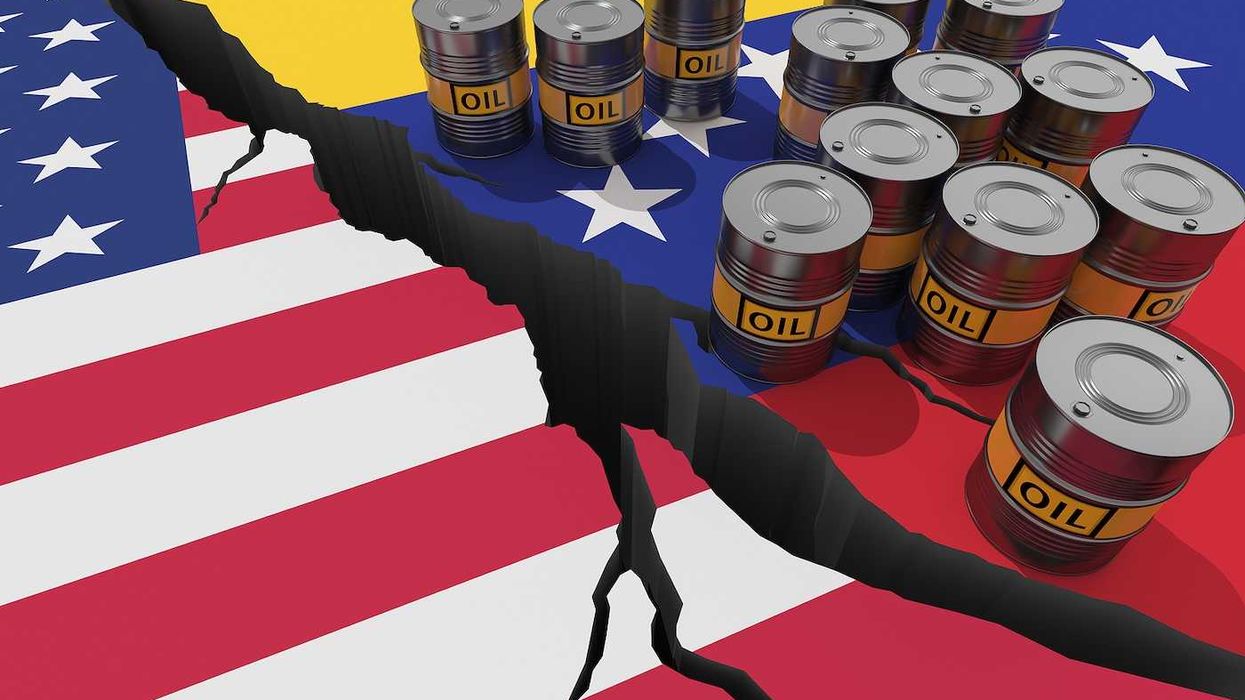A PBS travel host’s in-flight experience has drawn attention to a little-known international practice: spraying aircraft cabins with pesticides before landing in certain countries to control mosquito-borne diseases.
Kathy Wong reports for USA TODAY.
In short:
- Some countries mandate disinsection — spraying insecticides in airplane cabins — to prevent the spread of diseases like Zika and malaria. The U.S. does not require this practice, citing insufficient evidence of its effectiveness.
- Permethrin, the insecticide commonly used for disinsection, is considered generally safe but can cause respiratory or skin irritation in children, elderly passengers, and those with chemical sensitivities or chronic illnesses.
- While typically allowed only when passengers are not present, some countries still require spraying with passengers onboard. A traveler with Multiple Chemical Sensitivity was able to avoid exposure after alerting the flight crew, who opted not to spray.
Key quote:
"There's a limited amount of literature that looks at long-term exposures in low concentrations to the air flight staff, meaning pilots and flight attendants. So I think it does warrant further study."
— Dr. Michael Policastro, toxicologist and emergency medical physician in Cincinnati
Why this matters:
Most air travelers assume that boarding a plane involves basic safety checks, not exposure to insecticides. But the decades-old practice of disinsection raises new questions about the balance between public health and passenger safety, particularly for vulnerable individuals. Permethrin, the pesticide commonly used, is valued for killing disease-carrying insects but is also flagged by some toxicologists and international health agencies as needing further study, especially in terms of chronic exposure in enclosed spaces.
While rare in the U.S., disinsection is still common elsewhere and may occur while passengers are onboard, heightening risks for those with respiratory conditions, neurological disorders, or chemical sensitivities. Children and the elderly may be especially vulnerable. Aircrew, too, face potential exposure on repeated flights. With increasing global travel and outbreaks of diseases like dengue and Zika still a threat, some governments maintain spraying requirements. But without robust data on long-term effects, especially for sensitive groups, calls for greater transparency and updated research continue to grow.
Related EHN coverage: Agricultural pesticide exposure linked to childhood cancers, study says














